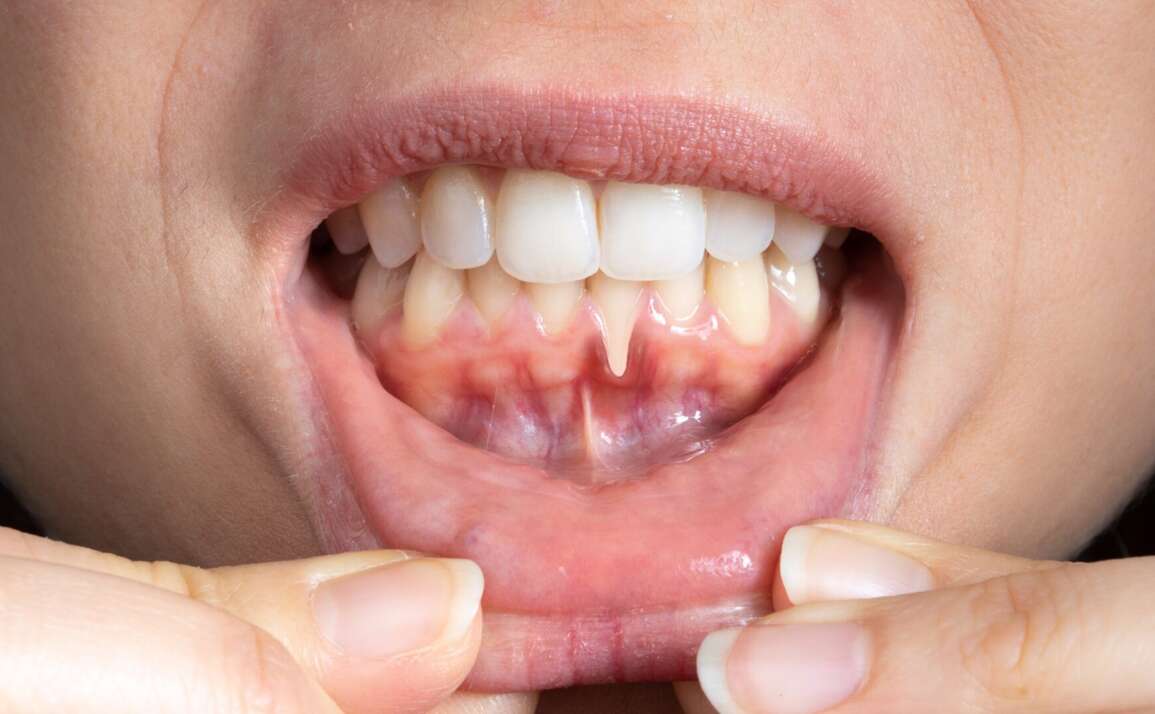Emergency Dental Care in Toronto
Emergency Dental Care in Toronto: What to Do in a Dental Crisis Near Yonge and Bloor
Dental emergencies can happen at any time, often when you least expect them. Whether it’s a severe toothache, a knocked-out tooth, or a broken crown, knowing what to do in a dental crisis can make all the difference in saving your smile. At Midtown Dental, conveniently located on the northeast side of Yonge and Bloor in downtown Toronto, we’re here to provide prompt, professional, and compassionate emergency dental care. In this guide, we’ll cover everything you need to know about handling dental emergencies, the services we offer, and why Midtown Dental is your trusted partner for urgent dental care in Toronto.
What Constitutes a Dental Emergency?
A dental emergency is any situation that requires immediate attention to alleviate severe pain, stop bleeding, or save a tooth. Here are some common dental emergencies:
1. Severe Toothache
Persistent, throbbing pain that doesn’t subside with over-the-counter painkillers.
2. Knocked-Out Tooth
A tooth that has been completely dislodged from its socket.
3. Broken or Chipped Tooth
A tooth that has fractured due to trauma or biting on a hard object.
4. Lost Filling or Crown
A filling or crown that has fallen out, leaving the tooth exposed and vulnerable.
5. Abscess or Infection
A painful, swollen area in the gums or face, often accompanied by fever.
6. Bleeding Gums
Excessive bleeding from the gums that doesn’t stop after applying pressure.
7. Soft Tissue Injuries
Cuts, tears, or punctures to the lips, cheeks, or tongue.
If you’re experiencing any of these issues, it’s crucial to seek emergency dental care as soon as possible.
What to Do in a Dental Emergency: Step-by-Step Guide
Knowing how to respond in a dental emergency can help minimize damage and improve the chances of a successful outcome. Here’s what to do for specific situations:
1. Severe Toothache
– Rinse your mouth with warm water.
– Floss gently to remove any trapped food particles.
– Apply a cold compress to the outside of your cheek to reduce swelling.
– Avoid placing aspirin or other painkillers directly on the gums, as this can cause burns.
2. Knocked-Out Tooth
– Handle the tooth by the crown (top part), not the root.
– Rinse the tooth gently with water if it’s dirty, but do not scrub or remove any attached tissue.
– Try to reinsert the tooth into its socket, if possible.
– If reinsertion isn’t possible, place the tooth in a container of milk or saliva to keep it moist.
– Seek emergency dental care immediately—time is critical for saving the tooth.
3. Broken or Chipped Tooth
– Rinse your mouth with warm water to clean the area.
– Save any broken tooth fragments if possible.
– Apply a cold compress to reduce swelling.
– Visit your dentist as soon as possible for repair.
4. Lost Filling or Crown
– Keep the crown or filling in a safe place.
– Apply dental cement or temporary filling material (available at pharmacies) to protect the tooth.
– Avoid chewing on the affected side.
– Schedule an appointment with your dentist to have the crown or filling replaced.
5. Abscess or Infection
– Rinse your mouth with a mild saltwater solution to reduce discomfort.
– Avoid applying heat to the area, as this can worsen the swelling.
– Seek immediate dental care, as infections can spread and become life-threatening if left untreated.
6. Bleeding Gums
– Rinse your mouth with cold water.
– Apply gentle pressure with a clean cloth or gauze to stop the bleeding.
– If bleeding persists, seek emergency dental care.
7. Soft Tissue Injuries
– Clean the area gently with warm water.
– Apply pressure with a clean cloth or gauze to control bleeding.
– Use a cold compress to reduce swelling.
– If the injury is severe, visit the emergency room or your dentist immediately.
Why Choose Midtown Dental for Emergency Dental Care in Toronto?
When a dental emergency strikes, you need a reliable and experienced team to provide prompt care. Here’s why Midtown Dental is the best choice for emergency dental services in downtown Toronto:
1. Convenient Location
Our office is conveniently located on the northeast side of Yonge and Bloor, easily accessible by TTC subway and public transit.
2. Same-Day Appointments
We prioritize emergency cases and offer same-day appointments to address your needs quickly.
3. Experienced Team
Our skilled dentists and hygienists have extensive experience handling dental emergencies, from toothaches to traumatic injuries.
4. State-of-the-Art Technology
We use advanced tools and equipment, such as digital X-rays and intraoral cameras, to diagnose and treat emergencies with precision.
5. Comprehensive Services
From pain relief to tooth repair, we offer a wide range of emergency dental services under one roof.
6. Patient-Centered Care
Your comfort and well-being are our top priorities. We strive to create a calming and supportive environment for every patient.
Common Causes of Dental Emergencies
Understanding the causes of dental emergencies can help you take preventive measures. Here are some common causes:
1. Trauma or Injury
Accidents, falls, or sports-related injuries can lead to knocked-out or broken teeth.
2. Poor Oral Hygiene
Neglecting regular brushing and flossing can result in tooth decay, gum disease, and abscesses.
3. Biting Hard Objects
Chewing on ice, hard candies, or non-food items can cause teeth to crack or chip.
4. Untreated Dental Issues
Ignoring minor dental problems, such as cavities or loose fillings, can lead to more serious emergencies.
5. Medical Conditions
Conditions like bruxism (teeth grinding) or TMJ disorders can increase the risk of dental emergencies.
How to Prevent Dental Emergencies
While not all dental emergencies can be prevented, there are steps you can take to reduce your risk:
1. Practice Good Oral Hygiene
Brush twice a day, floss daily, and use an antibacterial mouthwash.
2. Wear a Mouthguard
If you play sports or grind your teeth at night, a mouthguard can protect your teeth from injury.
3. Avoid Hard Foods
Steer clear of foods that can damage your teeth, such as ice, popcorn kernels, and hard candies.
4. Visit Your Dentist Regularly
Routine check-ups and cleanings can help identify and address potential issues before they become emergencies.
5. Address Dental Issues Promptly
Don’t ignore minor problems like tooth sensitivity or loose fillings—seek treatment early.
FAQs About Emergency Dental Care
1. What should I do if I can’t see a dentist immediately?
For severe pain, take over-the-counter painkillers (e.g., ibuprofen) and apply a cold compress. Avoid aspirin, as it can increase bleeding.
2. Is a knocked-out baby tooth an emergency?
While it’s less urgent than a permanent tooth, you should still consult your dentist to ensure no underlying damage.
3. Can I go to the emergency room for a dental issue?
Emergency rooms can provide pain relief and antibiotics but cannot perform dental procedures. It’s best to see a dentist as soon as possible.
4. How can I manage pain while waiting for treatment?
Rinse with warm saltwater, take painkillers, and avoid chewing on the affected side.
Final Thoughts: Your Trusted Partner for Emergency Dental Care
Dental emergencies can be stressful and painful, but you don’t have to face them alone. At Midtown Dental, we’re here to provide prompt, professional, and compassionate care when you need it most. Located in the heart of downtown Toronto, just steps from the Yonge and Bloor TTC subway station, we’re your trusted partner for emergency dental services.
If you’re experiencing a dental emergency, don’t wait—contact us immediately. Your smile is our priority, and we’re here to help you through any crisis.




